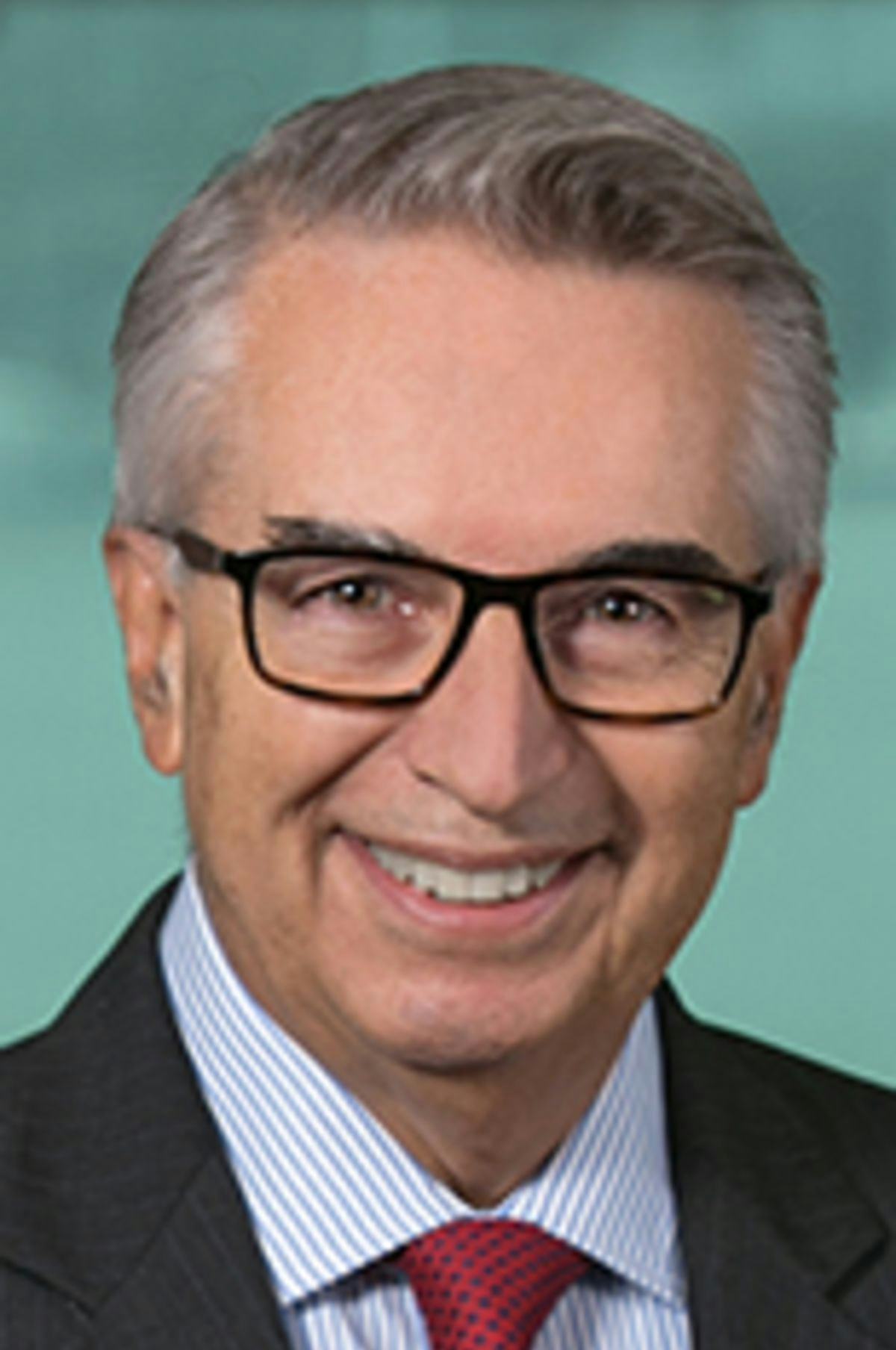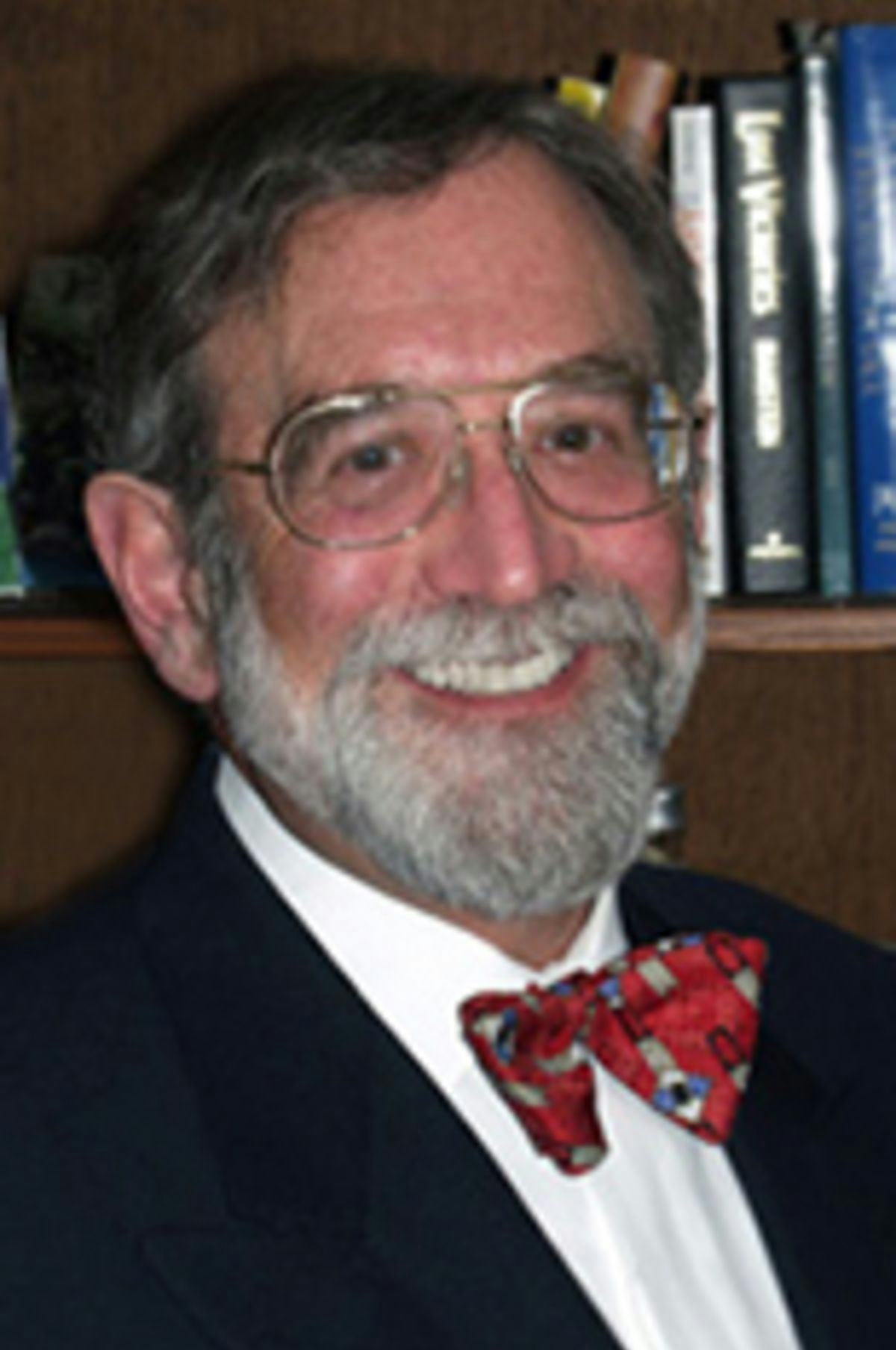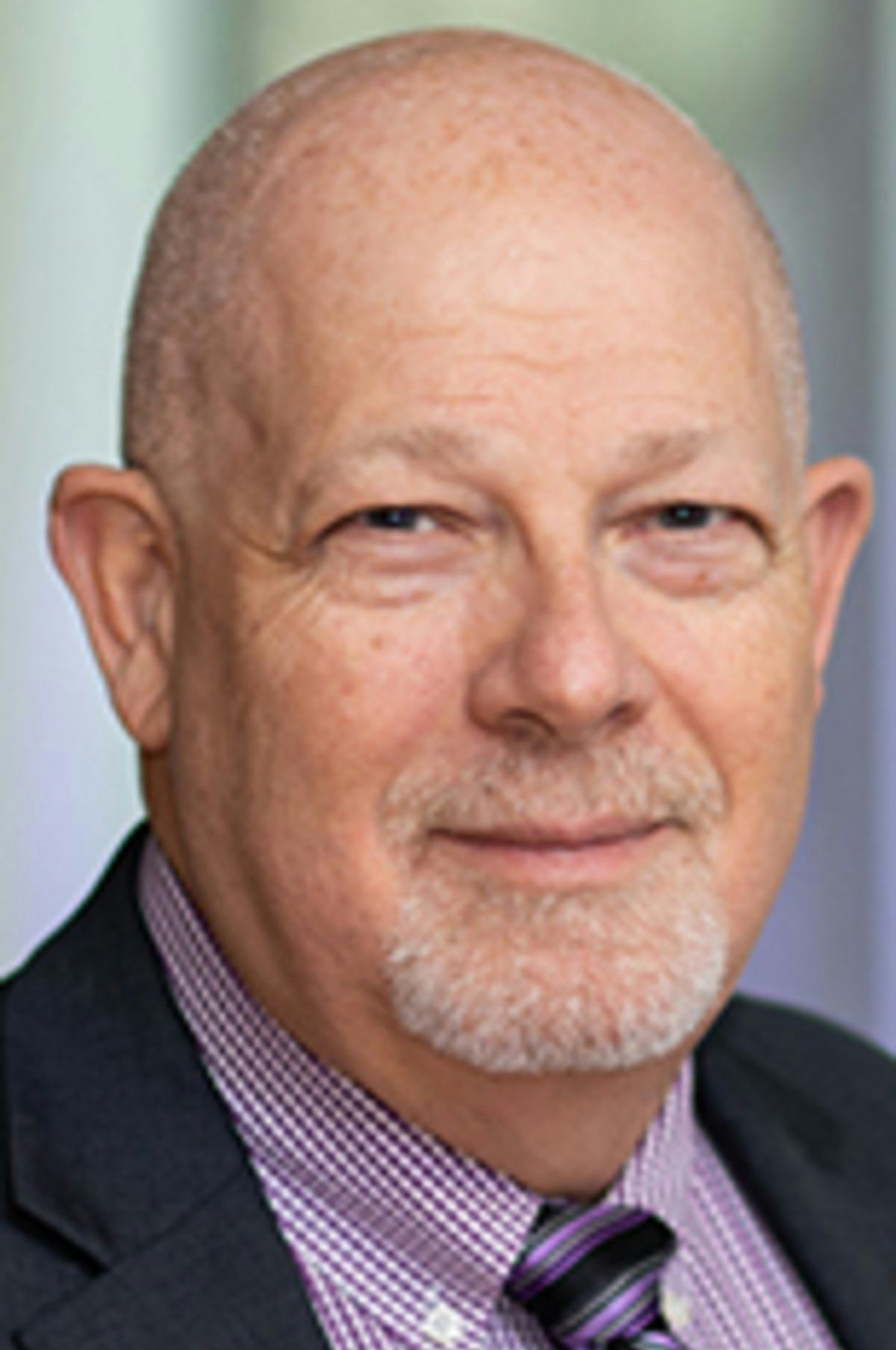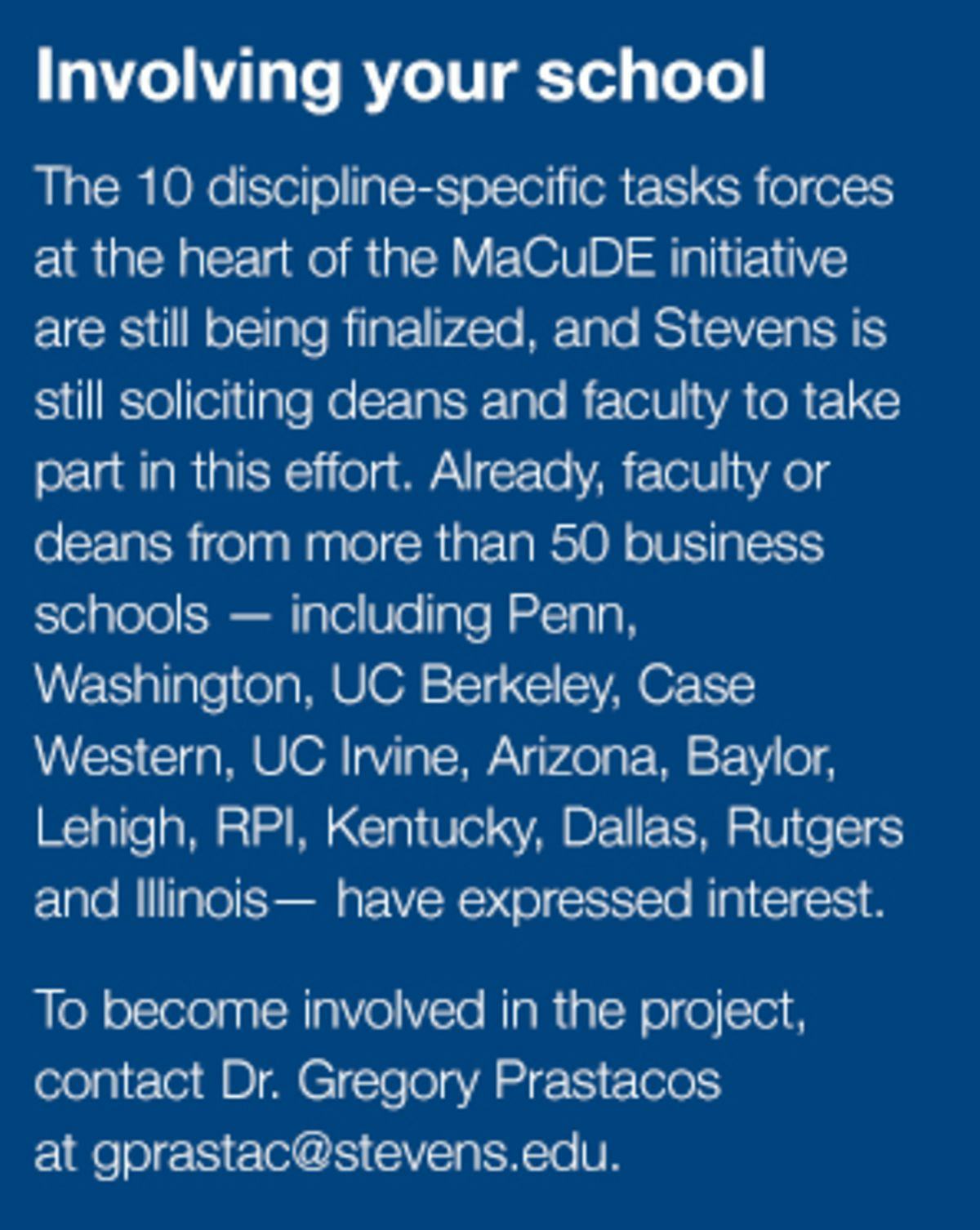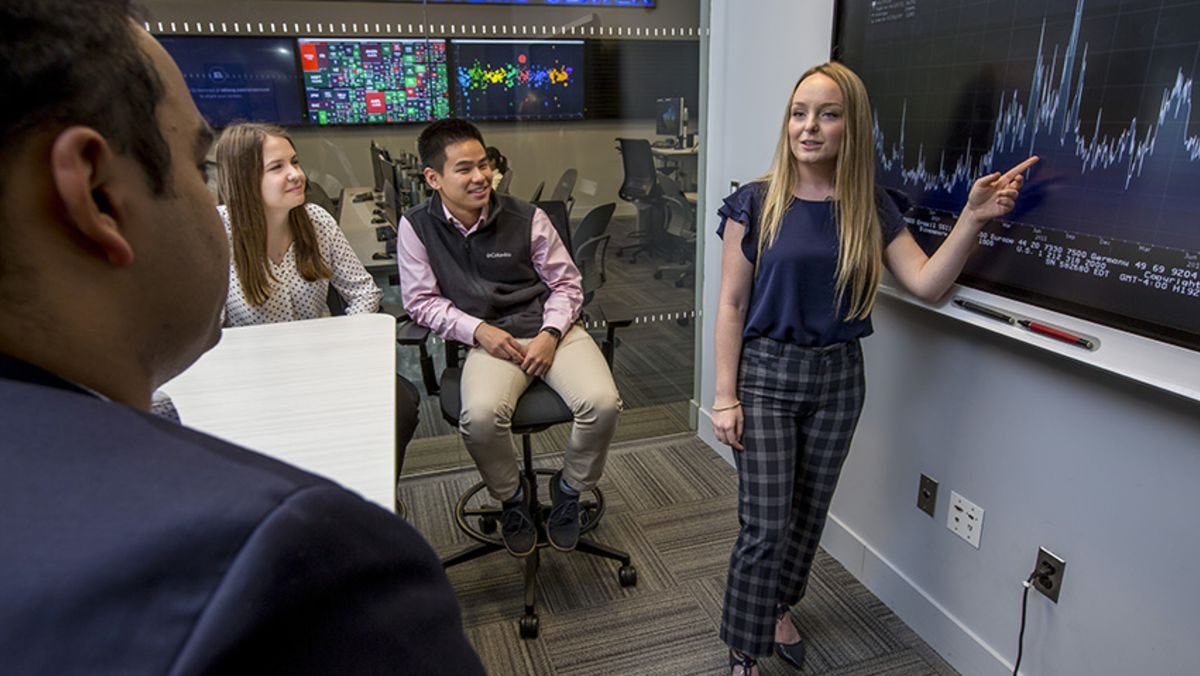With Support from PwC, Dean Prastacos Begins Forming Coalition of Top Schools to Reboot Management Curricula Worldwide
A. Michael Smith, a partner at PwC, said his organization is well aware how important data fluency is for employees at all levels of the company.
In fact, PwC recently required each of its employees to take an IT IQ assessment to gauge the digital savvy of each of its professionals. Shortly afterward, the company rolled out its digital upskilling initiative, including a “gamified” lab featuring a digital fitness app, quests and personal trainers.
“Literally everything we do — tax, audit, consulting — is affected by IT, data and transaction processing,” Smith said. “When it comes to new employees, the biggest change in the last five years is an expectation of higher-than-standard IT IQ — specifically in analytics — and a general awareness of the prevalence and importance of data.”
A fast-changing set of skills
It’s clear Smith relishes digital transformation. At PwC, he helps lead the internal technology audit solutions practice within the financial services sector; he said basic knowledge in cryptography will soon be a requirement to work in this area.
Preparing professionals to work in this changing environment is a challenge academia is rising to meet — and the School of Business at Stevens Institute of Technology is set to play a leading role.
Stevens, with support from PwC and AACSB International, is leading a global initiative called Management Curriculum for the Digital Era, or MaCuDE, which aims to reboot the traditional business education for a digital environment.
“The greatest challenges associated with digital transformation and digital disruption are understanding the new sets of strategies and the changing value of business resources — and few executives understand these,” said Dr. Eric K. Clemons, a professor of information strategy and economics at the University of Pennsylvania’s Wharton School.
Wharton is among the more than 50 business schools in the United States and Europe that will examine disciplines such as finance, marketing, leadership, strategy and ethics with an eye to how a business education can be updated to reflect the new tools and skills required at work.
Dr. Gregory Prastacos, dean of the School of Business and principal investigator on the grant from PwC, knows firsthand the need for an updated business education. An analytics researcher and teacher, with extensive background in IT and consulting, Dr. Prastacos understands industry needs and how they can be translated into curricular innovations. At Stevens, he has established numerous advisory boards with which he regularly meets — and when decision-makers from companies such as American Express, Facebook, Pfizer, UBS and Google clamor for these changes, you know you’re onto something.
“In two board meetings last spring dedicated to digital transformation, the disruptive importance of the digital technologies was highlighted by everybody, as was the urgent need for academia to adjust their programs so they equip graduates with the right skills,” Dr. Prastacos said.
Stevens’ location, just outside New York City, and its closeness to the business community give it an advantage in sensing this growing need, but it’s not alone. Earlier this year, at AACSB’s Digital Transformation Affinity Group meetings in Vancouver and Edinburgh, the more than 100 business school deans in attendance said there is a great need for a curricular refresh.
Defining the skills of tomorrow's MBA
Digital transformation, broadly speaking, is the use of technology by a company to change its core business processes in search of competitive advantage. That may include artificial intelligence, the internet of things, robotics, blockchain and augmented reality — a set of skills you’d be hard pressed to find in an MBA curriculum. “Digital transformation permeates all industry disciplines one way or the other, and all our programs need to incorporate ‘digital’,” said Dr. Bendik Samuelsen, provost of the BI Norwegian School of Business.
“But how do we change our business curricula?” Dr. Prastacos said. “Is Python teaching enough, or do we need to think longer term, when humans and machines will be working together? How can we develop the mindset needed for the digital era? How do we harness their intuition, their judgment, their critical thinking? What about governance issues when it comes to all these IT and data resources? And how do the skills needed vary by discipline?”
A related issue is one that refers to online and to shorter certificate programs. “There is a big demand for these programs, which provide important credentials to our attendees, and Stevens has been offering a large number of online degree and certificate programs to corporate audiences worldwide. Assuming this is the trend, as the general experience shows, how do we redesign our MBA program to take advantage of the technologies and to be also considerate of the executive whose lifestyle today is so demanding?” Dr. Prastacos said.
These are questions students want answers to, also, said Dr. Richard Skinner, director of digital innovation at Bauer College of Business, at the University of Houston, and a participant in the MaCuDE initiative.
“When students ask me about technical skills, what they really want to know is what we, as a business school, are doing to ensure the courses we teach now effectively prepare them for the future,” he said. “I am certain that participating in this experience will have an overwhelmingly positive impact on all of business schools involved.”
For Dr. Clemons of Wharton, another participant in MaCuDE, teaching students to rethink their relationship with technology is central to this effort.
“Asking today’s students about technology is like asking fish about water,” he said. “Technology has always been in their lives, and mostly they do not think about it. There has never been a generation more comfortable with using technology — but this generation is uniquely unprepared to think about the risks that technology creates to them and their societies, or the opportunities it creates for them and their companies.”
Dr. Tom Robinson, president and CEO of AACSB International, shared Dr. Clemons' student-centric viewpoint.
“As an organization dedicated to fostering engagement, accelerating innovation, and amplifying the impact of business education, we are proud to support the MaCuDE initiative,” Dr. Robinson said. “B-school students deserve curricula that embrace digital disruption and transformation, inspiring them to meet the needs of our global society. We’re proud to support this initiative, Stevens, and PwC, and we look forward to addressing this challenge.”
Stevens is a natural leader for this initiative because of the business school’s position within a leading engineering and science university. Management programs at Stevens are infused with technology, while research and teaching focus on the development or use of new tools in solving management problems. Academic programs at the School of Business emphasize analytics, data fluency and emerging technologies, contributing to strong placement rates and above-average salaries for alumni. Faculty have won grants, hosted conferences and published papers exploring these topics in depth.
The Lally School of Management at Rensselaer Polytechnic Institute has a similar background, and attracts a similar student, as Stevens, said Dr. Thomas Begley, a professor and former dean at RPI who is participating in MaCuDE. He said tech-savvy students understand the needs in the business world are changing, and “bringing many academics with informed and motivated perspectives to bear on the topic should move us further along than any of us could do on our own.”
That urgency was echoed by Dr. Samuelsen of the BI Norwegian Business School, another participant. “The B-school industry needs to deliver on the needs of the external stakeholders by translating tech to relevant application.”
The feeling for participation in MaCuDE runs high. Dr. Skinner of Bauer “can’t wait for the project to begin.” He said: “This is an amazing initiative! Access to such a wide range of thinking will only benefit in informing us what is the best way to embrace digital innovation and transformation for each of our business schools’ curricula and courses.”
School of Business Hanlon Financial Systems Center Our location

